Description
Frank Anderson – 2-Day Advanced Workshop: Clinical Applications of Internal Family Systems (IFS) with Frank Anderson MD
- Faculty:
- Frank Anderson
- Duration:
- 10 Hours 49 Minutes
- Format:
- Audio and Video
- Copyright:
- Mar 12, 2020
Description
Revolutionize your clinical approach and help your clients heal with Internal Family Systems therapy model.
IFS is one of the most popular, new, and effective evidence-based treatment techniques in use today.
Thousands of clinicians already trust IFS as their go-to treatment tool to effectively heal emotional wounds so they can make greater therapeutic progress with clients struggling with anxiety, depression, trauma, addiction, and other mental health conditions.
This 2-day recording is your opportunity to learn the IFS method step-by-step from Dr. Frank Anderson, one of the biggest names in the field.
Whether you are an experienced IFS therapist, a novice, or someone without any IFS training, this workshop will increase your clinical sophistication and confidence with IFS so you can treat a wide range of clients more effectively than ever before.
In this 2-day workshop, you will learn the IFS method, a non-pathologizing approach to healing that is sweeping the field of mental health and beyond.
Join IFS expert, author, prominent clinician & psychiatrist Frank Anderson, MD, in this recording to learn how to help clients heal from the inside out. Dr. Anderson will teach you the IFS steps that he has learned to hone his clinical work – and that have produced such transformation in his clients. He will clearly present all the tools and techniques in an easy-to-learn fashion.
Explore several different applications of the IFS Model of therapy including; trauma and attachment, depression, anxiety, psychosis, addictions, eating disorders, and shame to name a few. Learn how to apply IFS when working with groups, children, parents, couples, and LGBTQ clients.
This is an experiential training that includes didactic lecture, video examples, practice, live demonstrations, and meditations.
Finish this recording feeling confident to start incorporating IFS into your clinical practice! Don’t miss out on learning from one of Internal Family Systems’ internationally known and respected lead trainers.
***Content Note: Due to sensitive information, some live demonstrations are not included in this self-study version of the seminar.
Handouts
| Manual – Clinical Applications of IFS (1.2 MB) | 66 Pages | Available after Purchase |
Outline
Internal Family Systems (IFS)
- Comprehensive, compassionate, non-pathologizing treatment approach
- Paradigm-shifting perspective on “psychopathology”
- Easily integrated into other therapeutic modalities
- Teach clients to access inner wisdom and self-compassion to heal traumatic wounds
Evolution of the Model
- Development of the IFS model by Richard C. Schwartz, Ph.D.
- IFS as an empirically validated treatment: Summary of research support
- Goals of IFS therapy
- Starting an IFS session and the flow of the model
The Neuroscience of IFS
- The mind and the brain
- Neurons-networks and parts
- Meditation and self energy
- Understanding the fear response
IFS STEP-BY-STEP
Step 1: Using Meditative Processes to Identify and Connect with a Target Part
- Differentiate the person from the symptom
- Access a state of compassion and curiosity essential for healing
- Establish a relationship with the target part
- Learn the history and benevolent intention behind the symptom
Step 2: Working with Protective Parts
- Facilitate internal attachment work
- Learn to address the fears/concerns of protective parts
- Establish a trusting relationship with proactive and reactive parts
- Resolve internal conflicts
- Gain permission to proceed with healing
Step 3: Healing the Wound
- Connect with the wounded part
- Witness the pain rather than relive it
- Retrieve the wounded part
- Release/unburden thoughts, feelings, and physical sensations
- Life without the wound, the post-healing process
Therapist Parts
- Countertransference redefined
- Identifying parts that get in the way
- The Science of extreme reactions in therapists and clients
CLINICAL APPLICATIONS OF IFS
Trauma and Attachment
- Roadblocks to healing trauma
- Neurobiology of PTSD and Dissociation
- Dealing with the extreme symptoms and staying in Self
- Healing attachment wounds: What IFS offers
Depression and Anxiety
- Differentiating feelings from symptoms
- Address the biology and process the wound
- Protection or genetics
Psychosis and Bipolar Disorder
- Addressing psychotic parts
- Differentiating psychosis from trauma dysregulation
- Treating biological issues while addressing emotional pain
Substances and Addictions
- Befriending addictive parts
- Healing wounds or stopping use?
- Addressing the biology and the behavior after healing
Eating Disorders
- When food “abstinence” is not an option
- Multiple eating parts
- Self-led eating
Shame and Grief
- The shamer and the shamed
- Critical and neglect shame cycles
- Loss, letting go, and healing
IFS With Specific Client Populations
- Children and adolescents
- Parenting
- Couples
- Groups and inpatient settings
- LGBTQ
- Spirituality and culture
Faculty
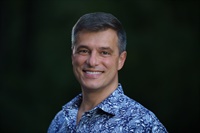
Frank Anderson, MD Related seminars and products: 18
Frank Anderson, MD, completed his residency and was a clinical instructor in psychiatry at Harvard Medical School. He is both a psychiatrist and psychotherapist and specializes in the treatment of trauma and dissociation. He is passionate about teaching brain-based psychotherapy and integrating current neuroscience knowledge with the IFS model of therapy.
Dr. Anderson is a lead trainer at the IFS Institute with Richard Schwartz and maintains a long affiliation with, and trains for, Bessel van der Kolk’s Trauma Center. He serves as an advisor to the International Association of Trauma Professionals (IATP) and was the former chair and director of the Foundation for Self-Leadership.
Dr. Anderson has lectured extensively on the Neurobiology of PTSD and Dissociation and wrote the chapter “Who’s Taking What” Connecting Neuroscience, Psychopharmacology and Internal Family Systems for Trauma in Internal Family Systems Therapy – New Dimensions. He co-authored a chapter on “What IFS Brings to Trauma Treatment in Innovations and Elaborations in Internal Family Systems Therapy” and recently co-authored Internal Family Systems Skills Training Manual.
Dr. Anderson maintains a private practice in Concord, MA.
Speaker Disclosures:
Financial: Frank Anderson maintains a private practice. He receives a consulting fee from the Center for Self Leadership. Dr. Anderson receives a speaking honorarium from PESI, Inc.
Non-financial: Frank Anderson is the President of the Foundation for Self Leadership.
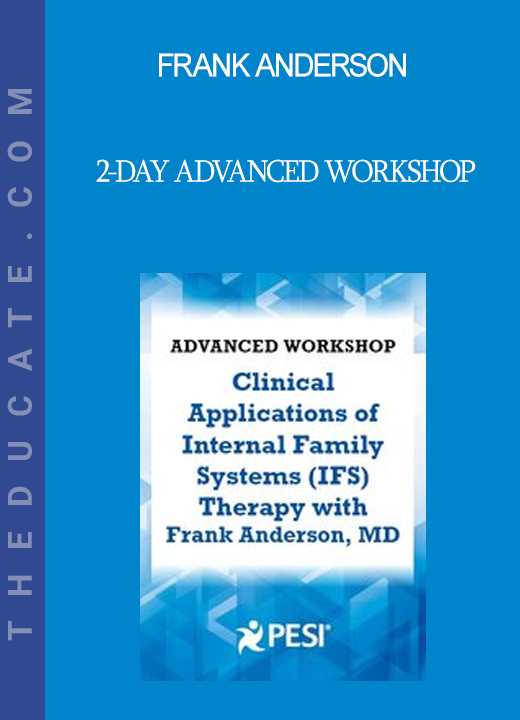
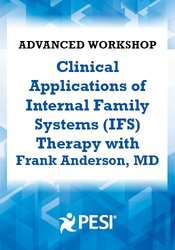

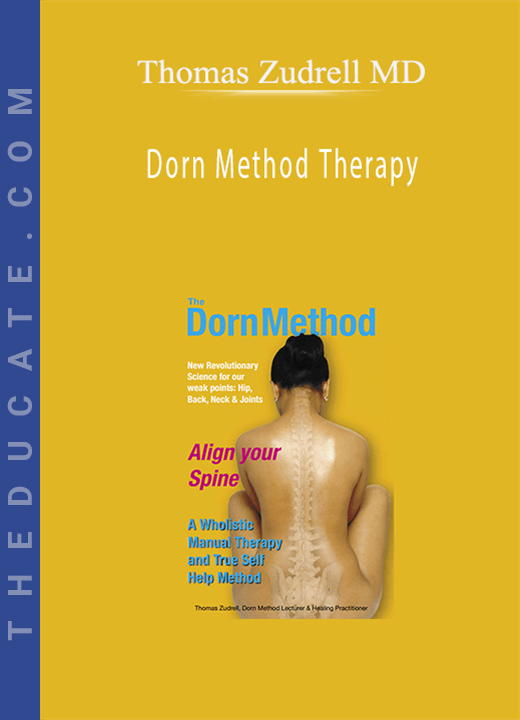


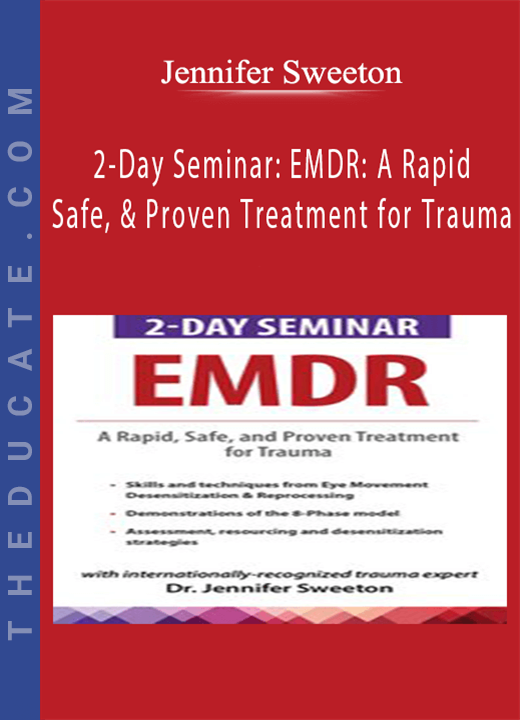
Reviews
There are no reviews yet.